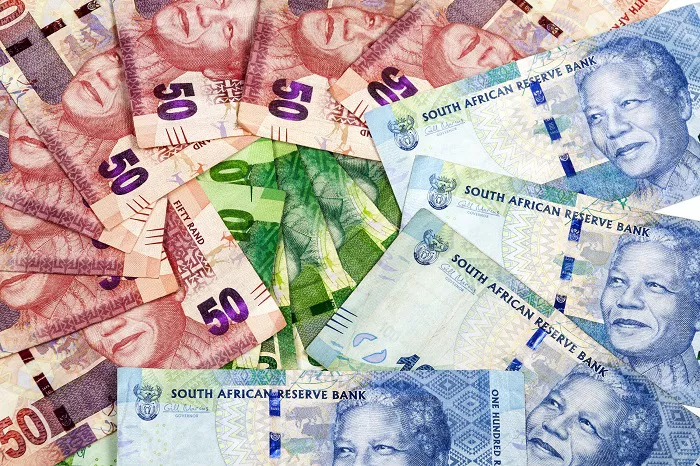Africa’s efforts to build payment systems independent of the dollar are similar to China’s goal to develop financial systems outside Western control. Countries like Russia, facing economic sanctions, also want alternatives to the dollar.
While this trend has gained urgency due to changes in global trade and politics after Trump returned to power, African leaders focus mostly on lowering costs.
Mike Ogbalu, CEO of the Pan-African Payments and Settlements System (PAPSS), said their goal is not to remove the dollar entirely. Instead, they want to solve the problem of limited access to third-party global currencies for trade.
Currently, African banks depend on foreign banks to handle international payments. This process, known as correspondent banking, adds extra fees. These fees, along with poor infrastructure, make trading in Africa about 50% more expensive than the world average, according to the UN Trade and Development agency.
This is one reason why 84% of Africa’s trade happens with countries outside the continent, as reported by Mauritius-based MCB Group.
Daniel McDowell, a finance professor at Syracuse University, said the dollar-based financial network has become costly and less useful for Africa.
LOCAL PAYMENT SYSTEMS CAN CUT COSTS
PAPSS data shows that under the current system, a $200 million trade between two African countries can cost 10% to 30% in fees. Using local payment systems could lower that cost to about 1%.
PAPSS lets companies in one African country pay for goods from another using their own currencies. For example, a business in Zambia can pay a supplier in Kenya without converting money into dollars.
Using currencies like the Nigerian naira, Ghanaian cedi, or South African rand for trade could save Africa around $5 billion a year, Ogbalu said.
Launched in January 2022 with 10 banks, PAPSS now operates in 15 countries, including Zambia, Malawi, Kenya, and Tunisia, with 150 banks connected.
Ogbalu also mentioned that transaction volumes on PAPSS have grown significantly, though he did not give exact figures.
The International Finance Corporation (IFC), part of the World Bank, has started lending to African companies in local currencies. This helps businesses avoid the risks of borrowing in dollars, said Ethiopis Tafara, IFC’s vice-president for Africa.
He explained that borrowing in hard currency can be a burden for companies that do not earn dollars.
GEOPOLITICS AND TRUMP’S RESPONSE
Africa’s push for regional payment systems has gained attention at the G20, where South Africa currently holds the presidency.
At a recent G20 meeting in South Africa, officials discussed improving regional payment systems. South Africa wants action, not just talk. The next G20 finance meeting is planned for mid-July.
Lesetja Kganyago, governor of South Africa’s central bank, told Reuters that some of the most expensive cross-border payment routes are in Africa. He said the continent needs to trade and settle payments in its own currencies to function better as a whole.
However, talk about reducing reliance on the dollar has led to harsh reactions from Donald Trump.
After BRICS nations—which include Russia, China, India, Brazil, and African countries like South Africa, Egypt, and Ethiopia—discussed cutting dollar dependence and creating a common currency, Trump threatened 100% tariffs.
He posted on Truth Social in January: “There is no chance that BRICS will replace the U.S. Dollar in International Trade… any Country that tries should say hello to Tariffs, and goodbye to America!”
Since then, Trump has shown a willingness to use tariffs against both allies and rivals, disrupting global trade and politics.
Daniel McDowell said that despite Africa’s practical reasons for promoting local currency payments, it may still be seen as part of the political moves led by China and Russia to reduce dollar use.
“The perception is likely to be that this is about geopolitics,” he said.


